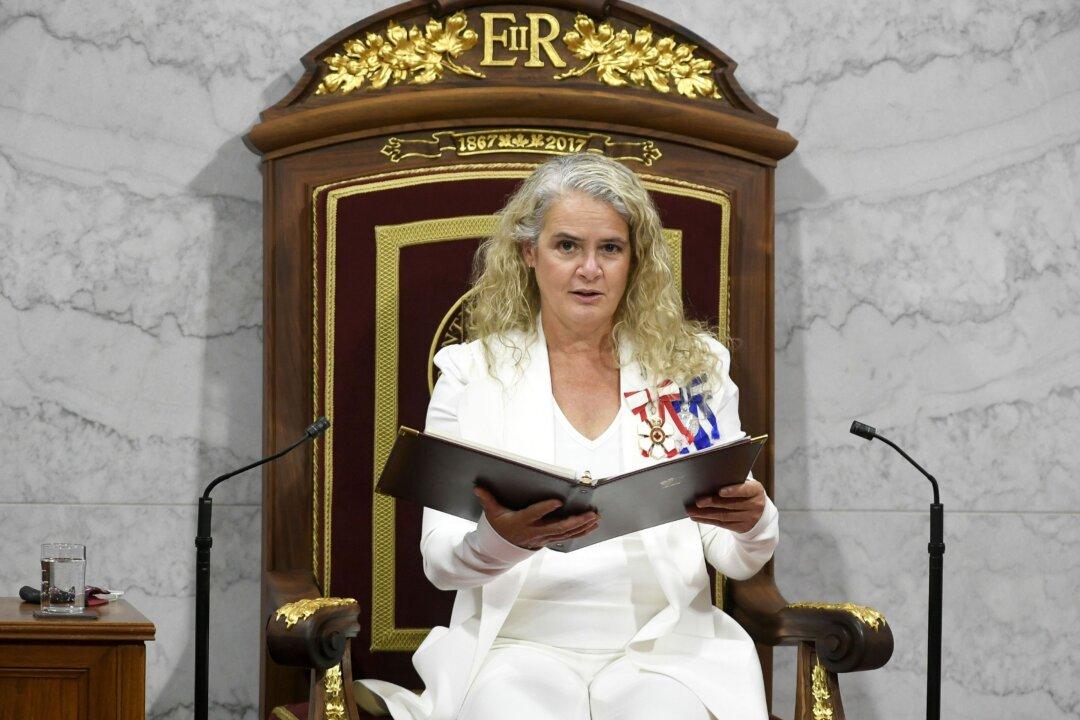Following the resignation of Julie Payette, attention has turned to how Prime Minister Justin Trudeau should go about choosing Canada’s next viceregal.
Payette, who has had a turbulent tenure since her appointment in 2017, resigned on Jan. 21 after an independent review found that she bullied and verbally abused staff at Rideau Hall.





